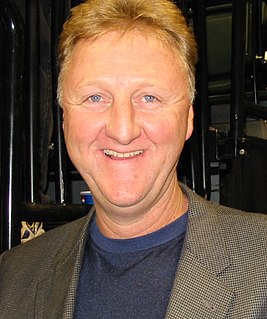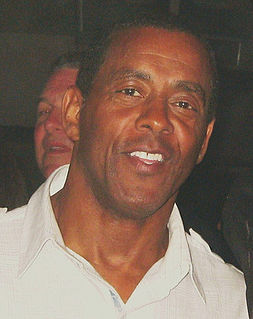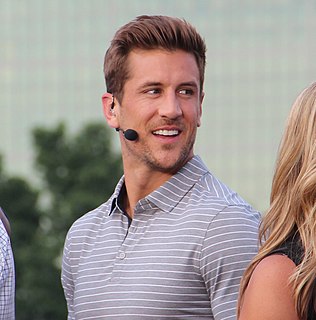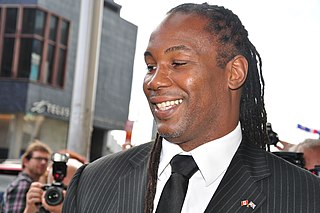A Quote by Tommy Ramone
I've been a loner all my life, so it didn't bother me that Hungarian was my first language and that I had to learn English. I had a pretty heavy accent in junior high school and would say things like 'wolume control' instead of 'volume control.'
Related Quotes
Being in school, whenever I laughed or smiled, I would turn to find someone staring at me with this terrible hatred and disgust. I had to control everything - control my voice, control my facial expressions, control my hair and my clothes, and where I walked and where I sat - at every moment. I think that drove me to terrible anxiety.
After studying the Hungarian language for years, I can confidently conclude that had Hungarian been my mother tongue, it would have been more precious. Simply because through this extraordinary, ancient and powerful language it is possible to precisely describe the tiniest differences and the most secretive tremors of emotions.
But, once again, when I said I'm so grateful for my mom just being adamant about me staying in public school - that is what allowed me to be exposed to so many different types of people. I went to a high school that was by the beach. I elected to do bussing my junior high school years. And my first year of high school, I would take the bus from my neighborhood to the beach schools. And at those schools, you had such a mix of so many types of kids.
[Larry Laurenzano] gave me a junior high school saxophone to take to high school, because I was always taking one of our school horns home to practice and I couldn't afford to buy one. He gave my friend, Tyrone, a tuba and he gave me a junior high saxophone for each of us to use at Performing Arts High School with. My audition piece was selections from Rocky. We were not sophisticated. But we had some spirit about it. We enjoyed it, and it was a way out.
Holding onto and manipulating physical objects is one of the things we learn earliest and do the most. It should not be surprising that object control is the basis of one of the five most fundamental metaphors for our inner life. To control objects, we must learn to control our bodies. We learn both forms of control together. Self-control and object control are inseparable experiences from earliest childhood. It is no surprise that we should have as a metaphor-a primary metaphor-Self Control is Object Control.
I never thought anyone would come up to me and say, 'I like 'Better Call Saul' better than 'Breaking Bad.'' If you had asked me before we started, 'Would that bother you if someone said that?' First of all, I would have said, 'That's never gonna happen. And yeah, it probably would bother me.' It doesn't bother me a bit. It tickles me. I love it.
When I turned 11, we had to leave East Germany overnight because of the political orientation of my father. Now I was going to school in West Germany, which was American-occupied at that time. There in school, all children were required to learn English and not Russian. To learn Russian had been difficult, but English was impossible for me.
I had no one to help me, but the T. S. Eliot helped me. So when people say that poetry is a luxury, or an option, or for the educated middle classes, or that it shouldn’t be read at school because it is irrelevant, or any of the strange stupid things that are said about poetry and its place in our lives, I suspect that the people doing the saying have had things pretty easy. A tough life needs a tough language – and that is what poetry is. That is what literature offers – a language powerful enough to say how it is. It isn’t a hiding place. It is a finding place.
I could never stand big-mouthed types. I had problems with that at high school. I?ve still got the scars on my fists from the teeth of the guys I hit so that they?d finally shut up. I came from England to Canada, of course, and was often ridiculed because I had a strange accent. I was expelled from school and it was a long time before I could control myself. But the impulse remained: a punch in the mouth to get some peace and quiet.




































